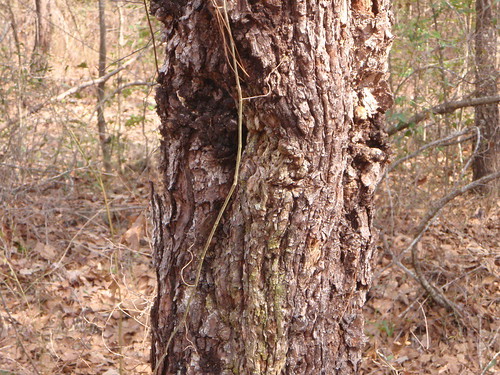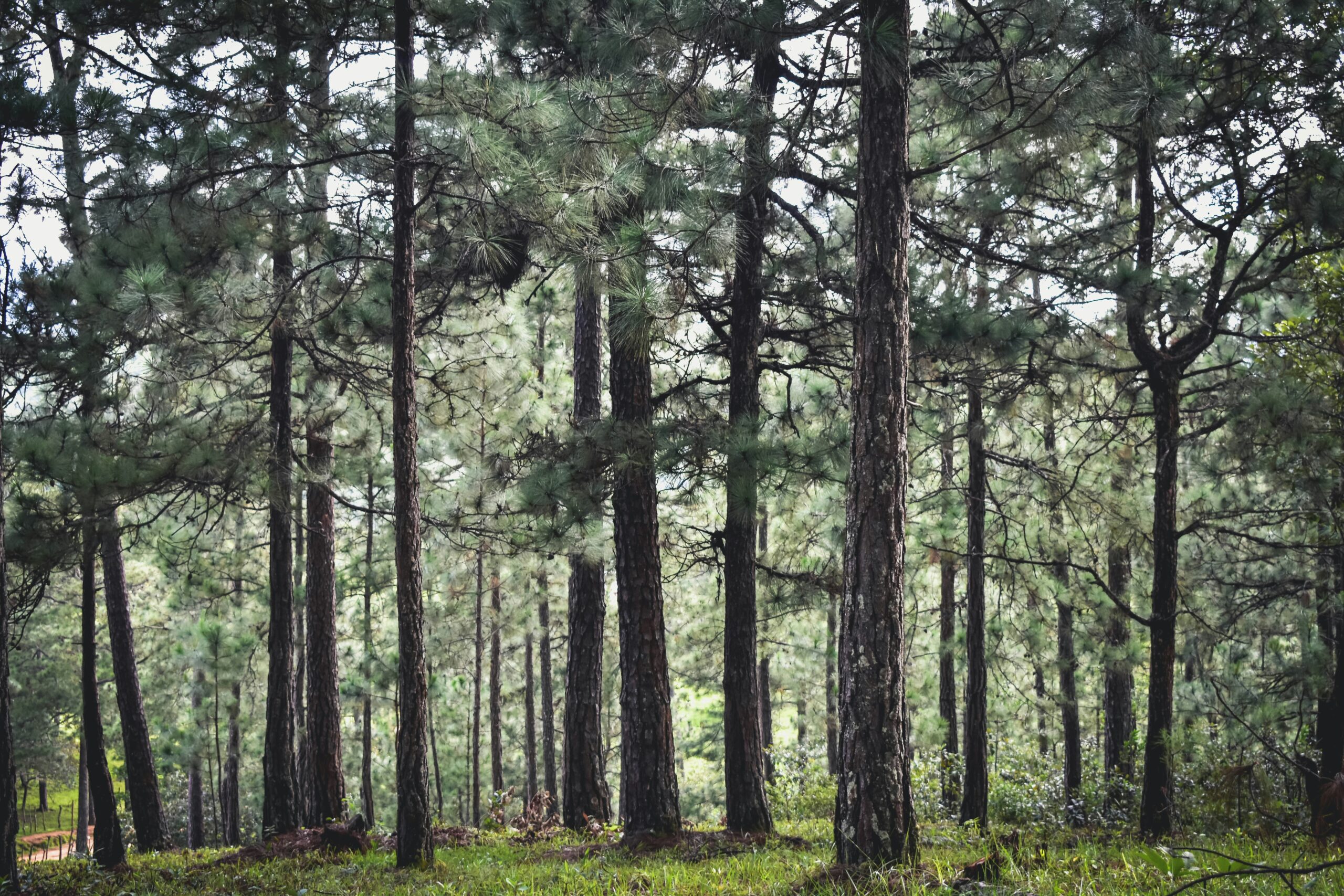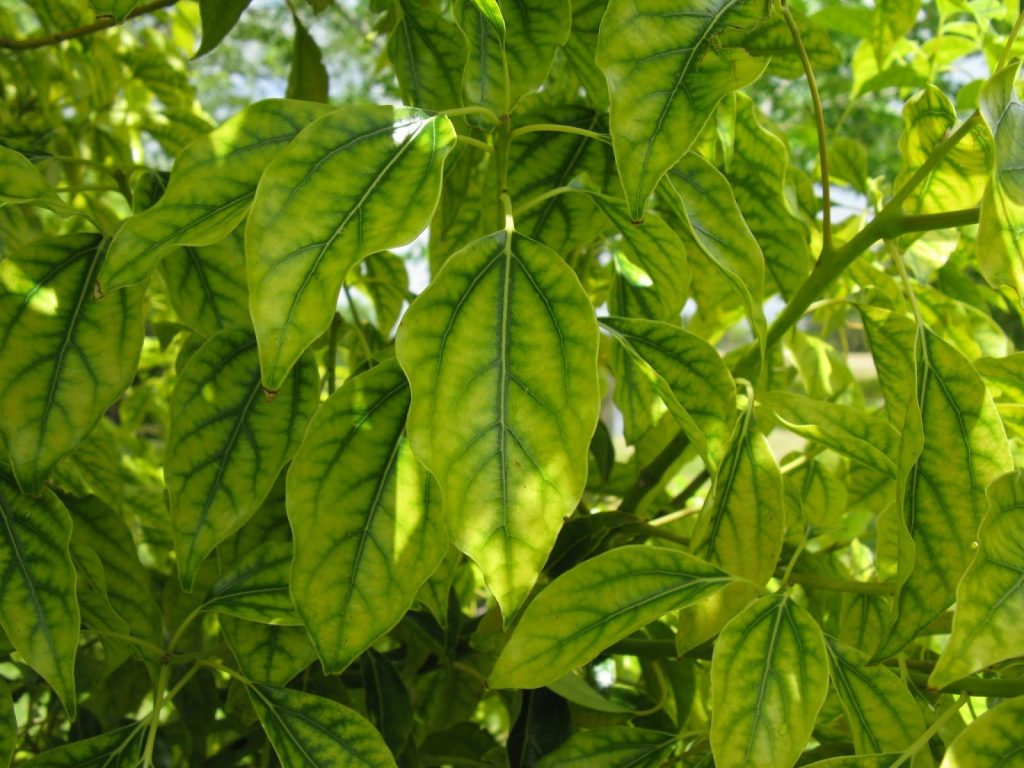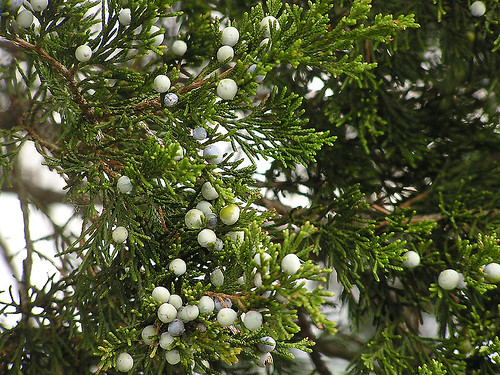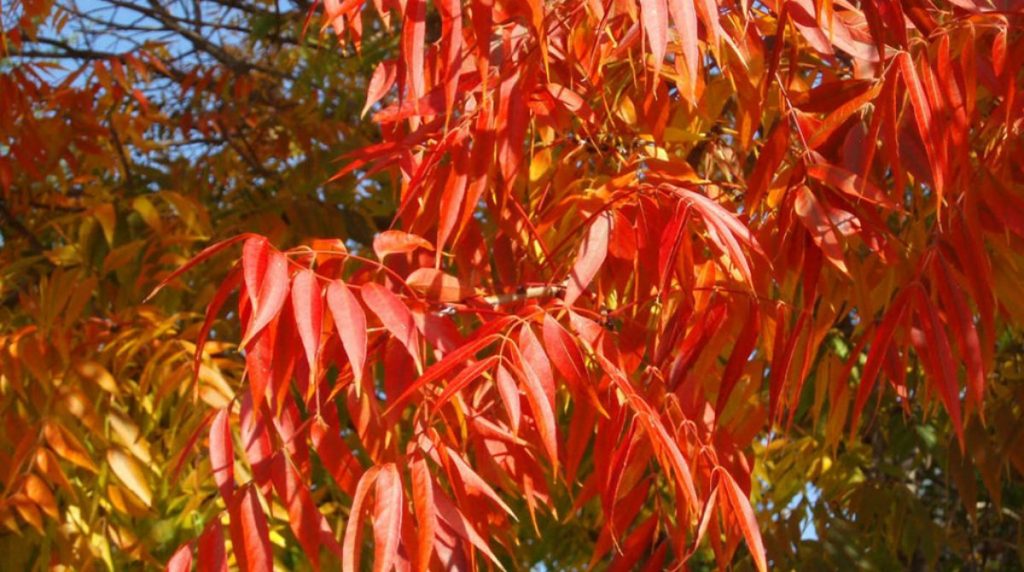
Date June 15, 2022
Category
When it comes to choosing a tree for your landscape, the Chinese Pistache is often a top contender. This beautiful tree offers many benefits – but there are also some potential problems you should be aware of before making your decision. Here, we will take a look at the pros and cons of Chinese Pistache trees so that you can make an informed choice for your home or business.
Chinese Pistache Tree Pros and Cons
When deciding if a Chinese Pistache tree is right for you, it is important to consider both the pros and cons. This way, you can make an informed decision that takes your specific needs and situation into account.
Some of the potential benefits of planting a Chinese Pistache tree include:
Pros
Fiery Foliage
One of our favorite advantages of Chinese Pistache trees is their stunning fall color. These trees put on a spectacular show each year, with leaves changing to shades of orange, red, and yellow. This can provide a beautiful focal point in your landscape and add curb appeal to your property.
Hardy and Adaptable
Another great plus for Chinese Pistache trees is that they are very hardy and adaptable. They can tolerate a wide range of soil conditions, from sandy to clay, and they are also drought-tolerant once established. This makes them an excellent choice for North Texans who want a low-maintenance tree. Speaking of…
Easy to Care For
Another plus for Chinese Pistache trees is that they are relatively low-maintenance. They are tolerant of a wide range of soil types and can withstand periods of drought once they are established. These trees also have few pests or diseases, so you will not have to worry about spending time and money on treatment.
Longevity:
The Chinese Pistache lifespan can last for a long time – up to 100 years or more. This makes them a great investment for your landscape and means you will not have to replant as often as you would with other tree species.
Chinese Pistache Tree Problems
However, there are also some potential drawbacks to consider before planting a Chinese Pistache tree.
Oversized
One of the biggest is that these trees can get quite large – up to 40 feet tall and 50 feet wide at maturity. This means they may not be suitable for smaller yards or gardens. Chinese Pistache typically need at least 15 feet of space from other trees and structures to reach their full potential.
Girdlinge Roots
Another potential issue with Chinese Pistache trees is that their root system can choke itself off. Girdling roots are roots that circle around the trunk and prevent the flow of water and nutrients up the stem, and sugars down the stem. This causes major stress on the tree and Chinese Pistache is the worst offender!
If you are landscaping around a below-ground pool, find all you need to know in our recent post, How to Plant a Tree Near a Pool: The Ultimate Guide.
Messy
Finally, these trees can be messy. The female trees produce a lot of fruit that can attract animals such as birds and squirrels and make a mess on your lawn or patio. The fruits are also sticky and can be a pain to pick up and dispose of.
Susceptible to Disease
Finally, it is important to note that Chinese Pistache trees are susceptible to conditions such as verticillium wilt and root rot, among others. What are they?
Verticillium wilt is a disease that affects the tree’s vascular system, causing the leaves to turn yellow and eventually drop off. Root rot is another fungal disease that can cause the roots of your Chinese Pistache tree to decay.
While both of these diseases can be treated, they can be difficult to control once they take hold. As such, you may want to consider another tree species if you are concerned about disease susceptibility.
Making the Decision
As you can see, there are both pros and cons to consider before planting a Chinese Pistache tree. If you are considering a Chinese Pistache tree for your landscape, be sure to consult with a certified arborist beforehand. They can help you assess your specific needs and determine whether this tree is the right fit for you.
If you need advice or assistance landscaping your Chinese Pistache trees, get in touch with the ISA Certified Arborists at TreeNewal and enjoy tailored tree care advice.
To learn more about The Pros and Cons of Chinese Pistache Trees, call our Argyle and Southlake-based teams
at (817) 592-6846 or send us a message.
We’re a little different than the average tree services company.
Learn more about TreeNewal’s ISA Certified Arborists!
Our Dallas/Fort Worth-based tree doctors can explain how sustainable tree care services add more value to your bottom line.
Healthy trees, healthy lives.
